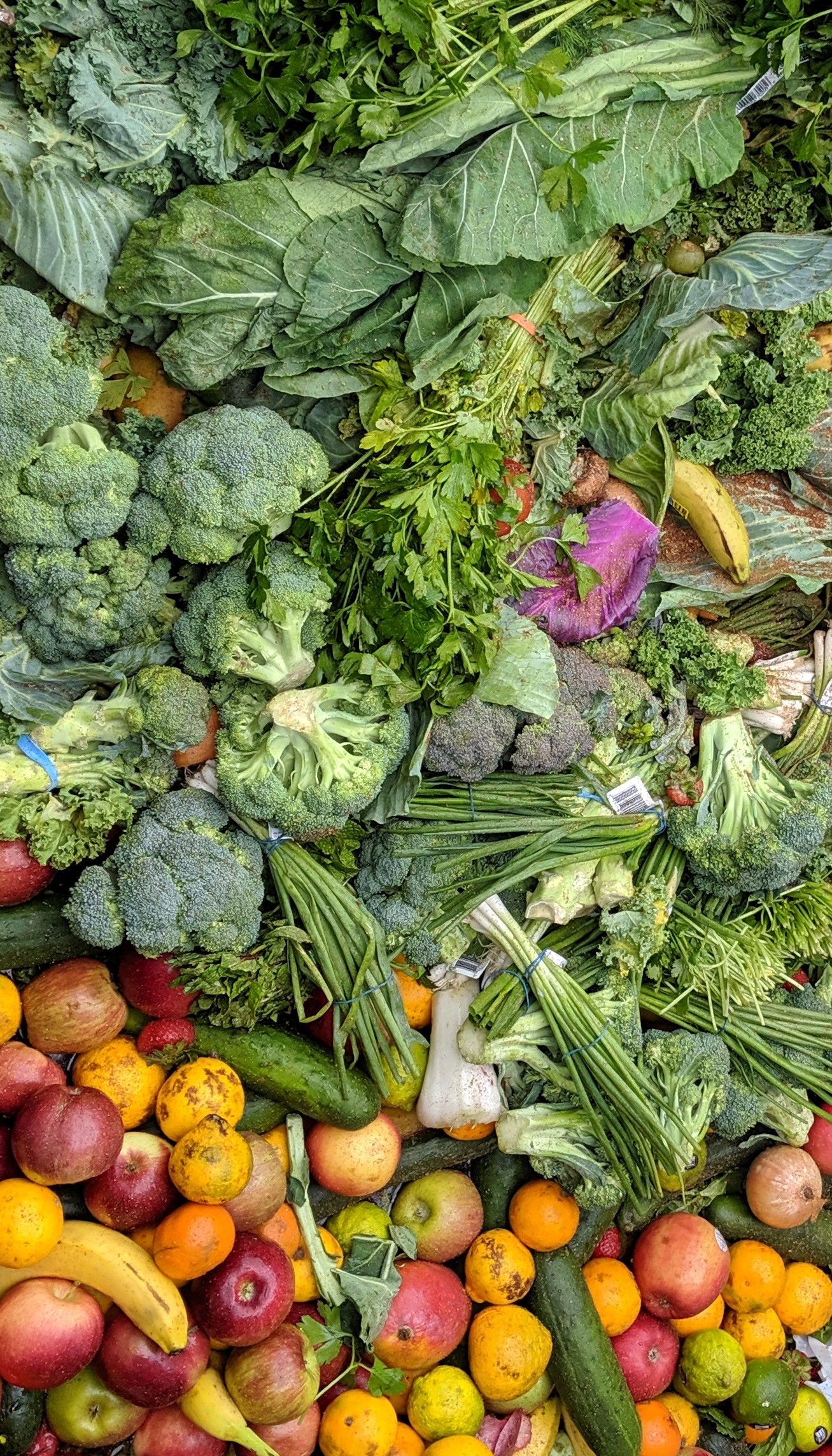
Food waste recycling: A local and global climate solution, by Eunice Youmans
By Eunice Youmans
This summer my son and I walked the perimeter of our island home of Martha’s Vineyard. It was an act of love, a wistful walk of memory and hope amidst so much change.
Learning to accept change is one of the great lessons our dynamic barrier beach system has taught me over 35 years of watching. My home of Chappaquiddick has changed from an island to a peninsula and back again on a dependable cycle over the course of centuries, but it is changing on a different timeline now. In the four years I have been here to witness the power and frequency of our nor’easters, I have seen the Chappy ferry house knee-deep in water more times than I can count, the massive dune at Norton Point disappear overnight, and Lucy Vincent’s sentinel tumble into the sea – all after different storms. My fisherman friends tell me that the fish are different now too, and that due to geographical fishing quotas, fisherman are coming to our waters from Virginia to fish for those that no longer swim in their own seas and never used to swim in ours.
Our Island changes. And, our Island is changing faster and differently than it used to because of the carbon dioxide human’s machines have exhaled into the atmosphere since the dawn of the Industrial Revolution. 97% of scientists on the planet Earth affirm this, and my eyes and feet witnessed the changes on our pilgrimage around the Island. As an Island, our home is on the frontlines of climate change.
Before moving here full time, climate change felt so far away and so inevitable. Over the years, we have watched governments and corporations around the world make promises that turn out to be pretend. It is much easier for them to address the crisis of the moment than the one that will unfold imperceptibly to the 1% over decades. That is the global scale, but it is different here where our Island welcomes world leaders and captains of industry. Everyone who loves the Vineyard can see the impacts of climate change along our shores. We have a unique opportunity to get it right. And we can. There is something we can all do in our own homes to both limit greenhouse gas emissions and absorb carbon from the atmosphere on a scale and a timeline that will have an impact – recycling food waste into compost to apply to our local soils.
Food waste emits 8% of U.S. greenhouse gas emissions per year. In our country in 2014, landfill gas from food waste emitted the equivalent of 163 million tons of carbon dioxide. That’s about the yearly emissions of 31 million cars. More than half is methane gas, which is 28 times more potent than carbon dioxide but has a fraction of the atmospheric life – 12 years – meaning if methane release can be minimized, the climate impacts will be mitigated on a time scale of decades versus the centuries required by carbon dioxide. When food waste is composted and applied to the soil, it helps sequester 27,000 pounds more carbon dioxide per acre than untreated soils. Composted soils are richer in nutrients and soil microbes and require less watering, resulting in more sustainable farmlands and more bountiful crops.
Recycling food waste is the right thing to do environmentally, but it also makes more financial sense. Each year, Martha’s Vineyard exports 6,500 tons of food waste off-Island. Between 2020 and 2030, the Island will spend $10.3 million to export food waste. We know these costs will continue to rise, as only three landfills in Massachusetts will be accepting waste from other communities by 2022. Already, 40% of Massachusetts’ solid waste is exported to New Hampshire, Maine, and Ohio. If we processed food waste on Island, we would save $10.3 million in export and disposal costs. An additional $1.3 million in net revenue could be collected between 2025 and 2040 in tipping fees and compost sales if 4,000 tons of food waste were processed and sold as compost on Island.
Recycling food waste is something we can all do in our own homes to have an impact on climate change in our own lifetimes. A friend once told me that folks move to the Vineyard because of the beauty, but they stay because of the community. The Island is a place with a people who will love you back. It is both our responsibility and a gift to love our Island back by limiting our emissions through the simple practice of composting our food waste. You can make a difference!
To learn more about food waste recycling on Island check out: https://www.igimv.org/food-waste or, just email [email protected]

